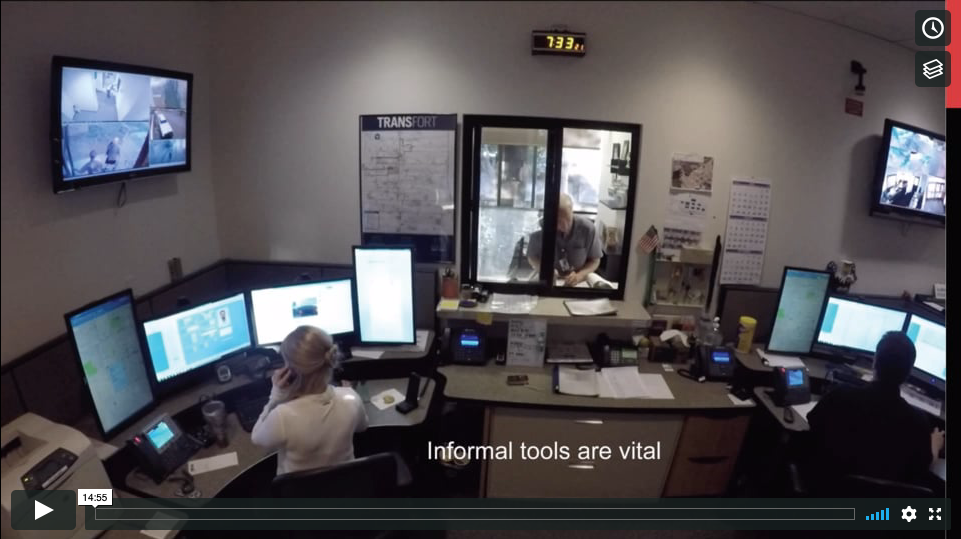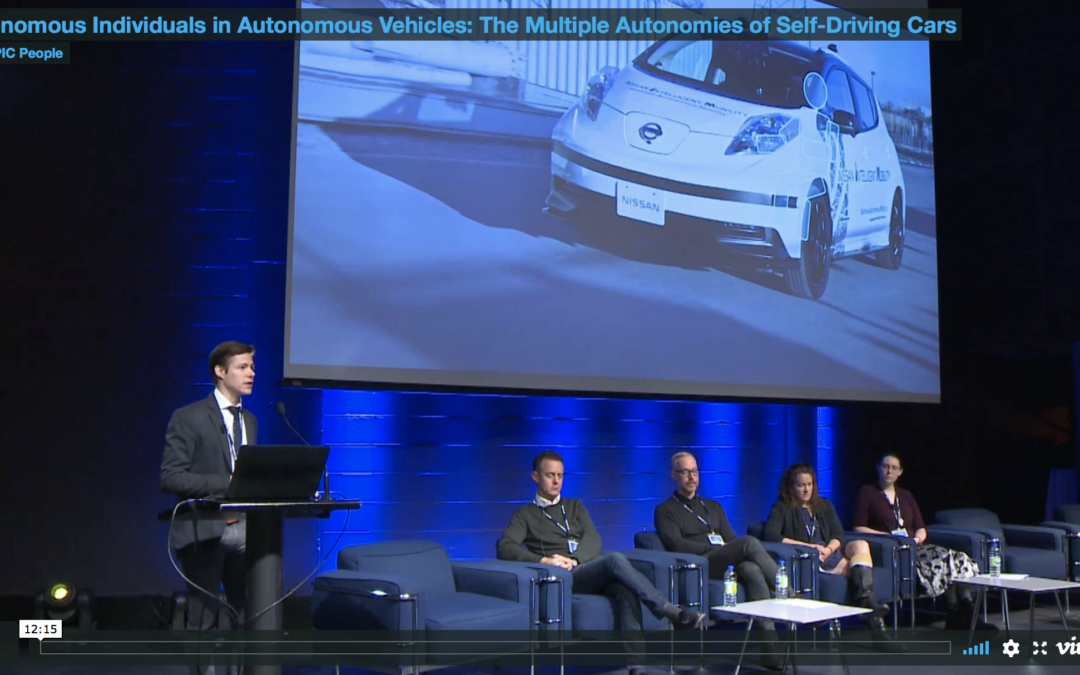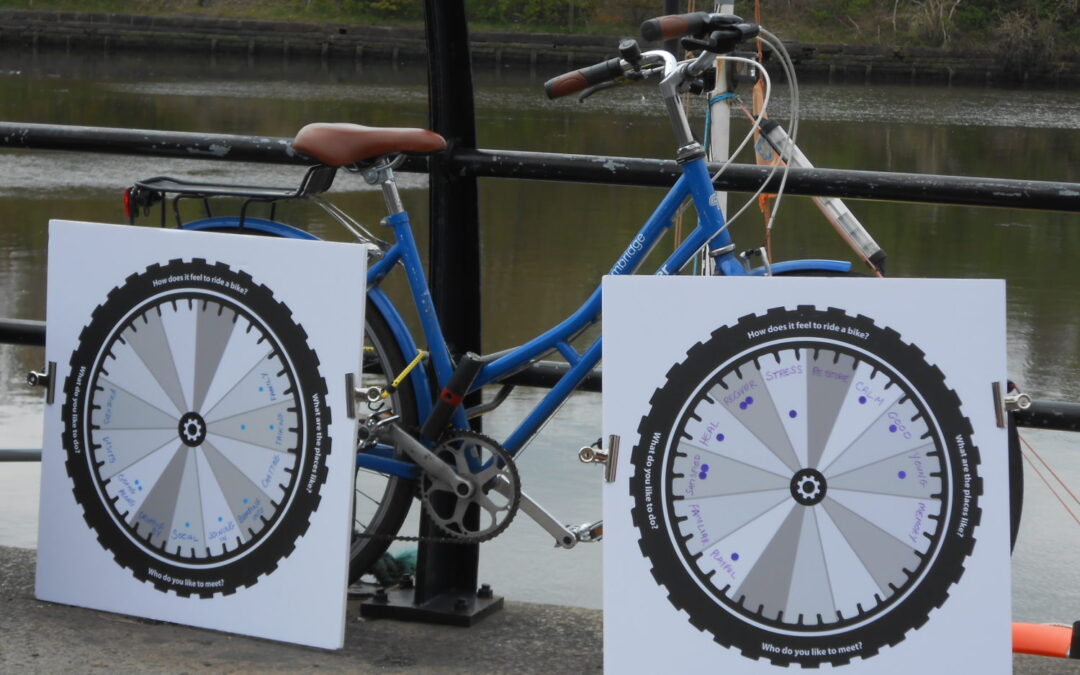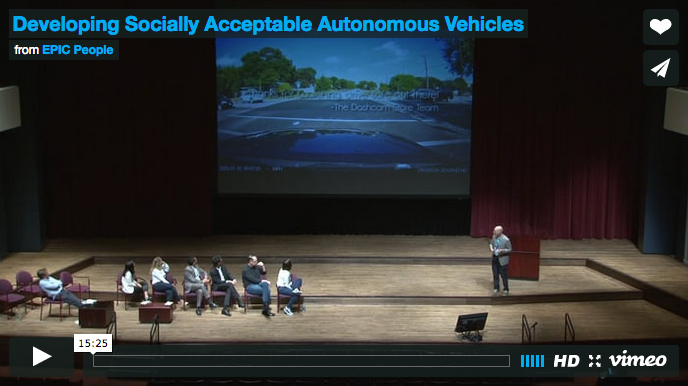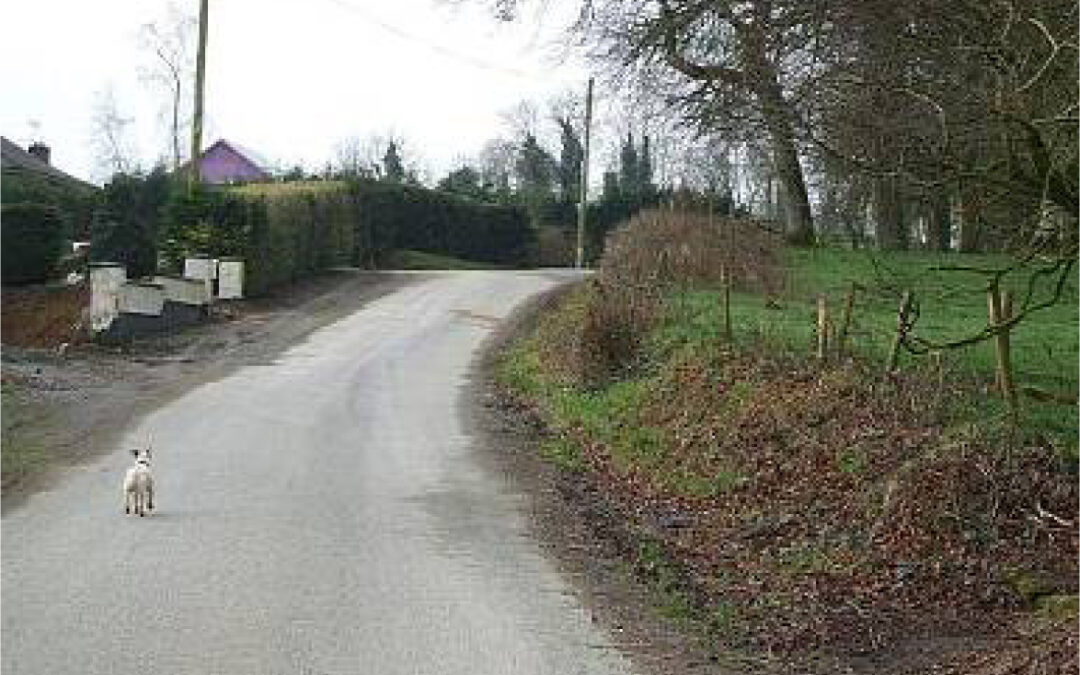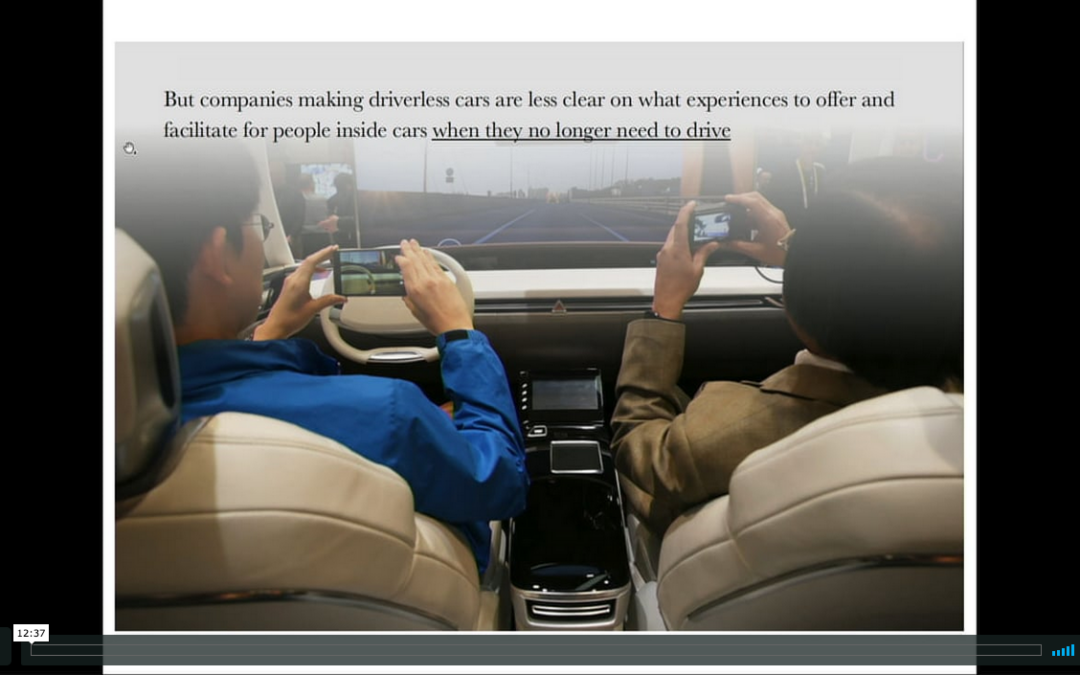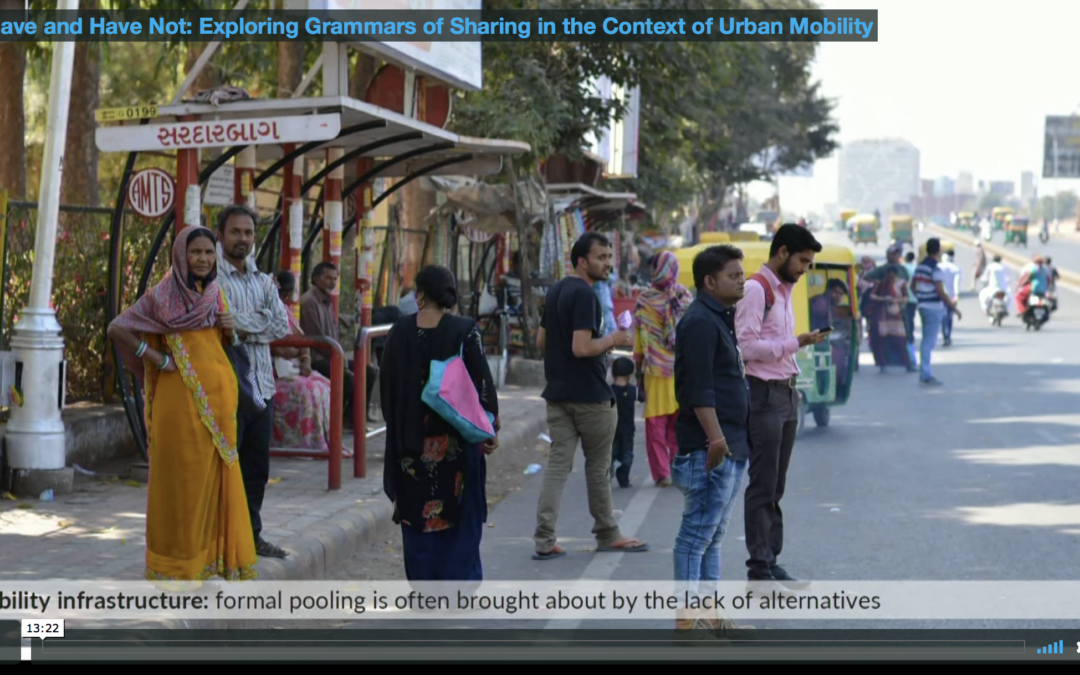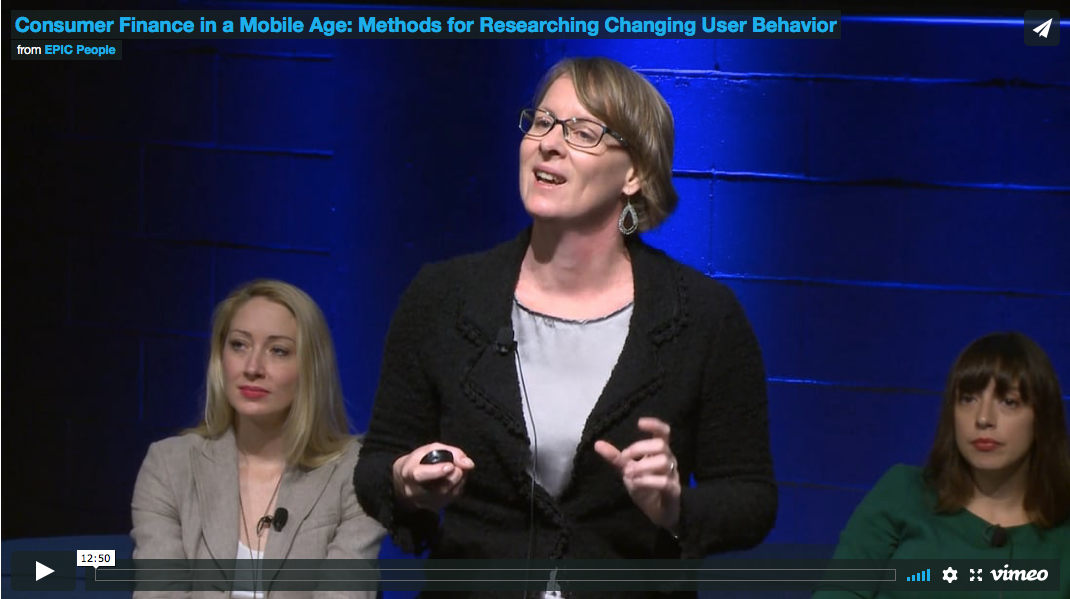In this paper we explore the idea of a system of care through a city transit system. We argue that a systematic orientation to care is central to what makes a transit system work for people. Further, we suggest that this care orientation is recognized as such, even though it is not apparent in...
